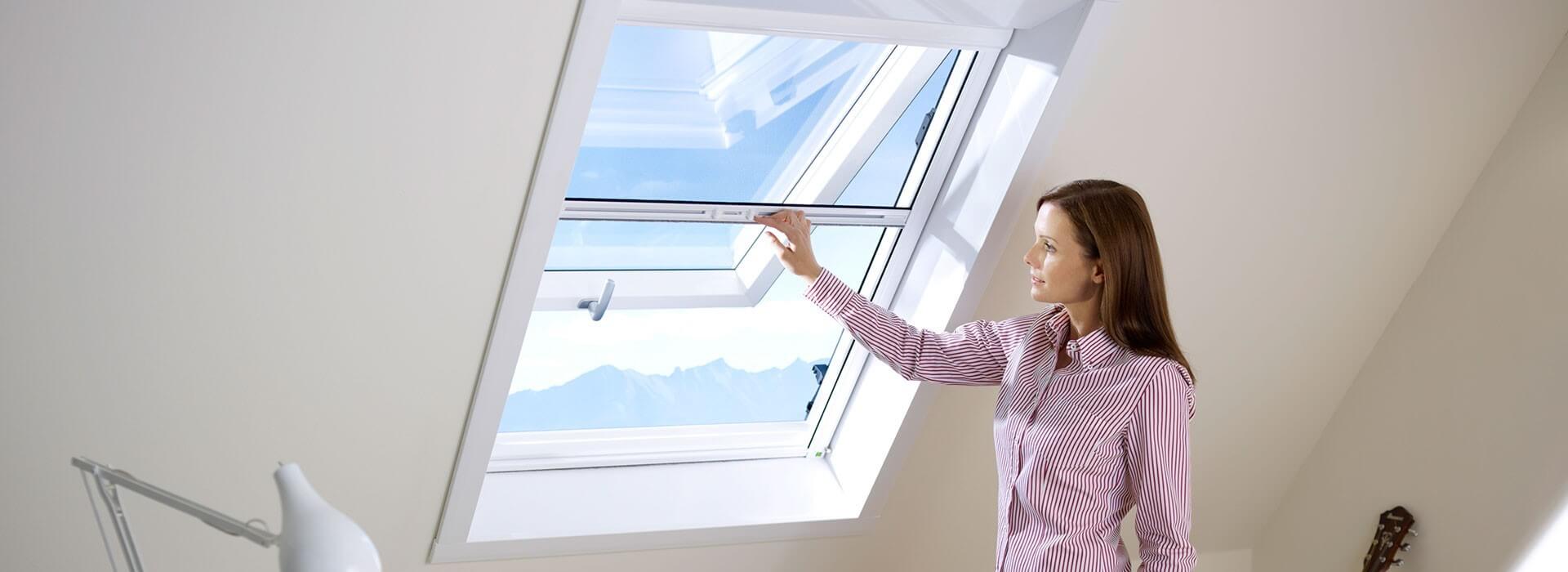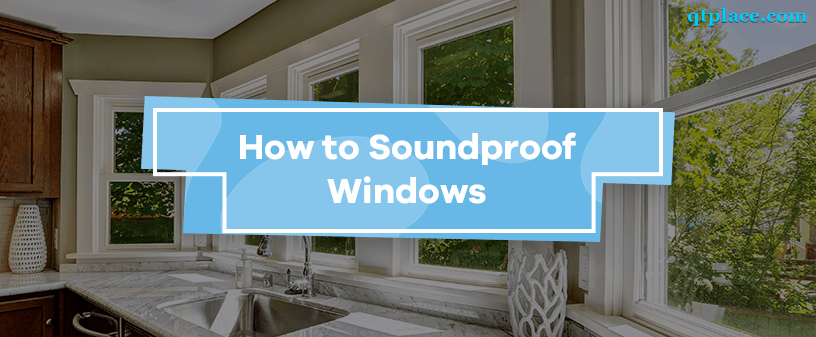Plastic windows are an excellent investment for homeowners, offering many benefits, including energy efficiency, improved insulation, and enhanced aesthetics. However, noise pollution can be a significant issue for homeowners, particularly those living near busy roads, airports, or train stations. In this article, we will explore how to increase noise insulation of plastic windows and what factors impact their effectiveness.
- Window Design
The design of plastic windows plays a crucial role in their noise insulation properties. Double or triple-glazed windows offer better noise insulation than single-glazed windows. Additionally, windows with wider gaps between the panes provide better noise insulation. It is essential to choose windows with the right design to ensure optimal noise insulation. Correct wallpapering, more here.
- Glass Thickness
The thickness of the glass used in plastic windows is an essential consideration when looking to increase noise insulation. Thicker glass provides better noise insulation, reducing the amount of sound that penetrates through the window. It is recommended to choose windows with a thickness of at least 6 mm to provide adequate noise insulation.

- Window Frame Material
The material used in the construction of window frames can impact noise insulation. PVC and aluminum frames provide better noise insulation than wooden frames. PVC frames are the most popular choice for plastic windows, as they offer excellent noise insulation properties, are durable, and low-maintenance.
- Sealing
Proper sealing of plastic windows is crucial for ensuring optimal noise insulation. The gaps between the window frame and the wall should be sealed using a silicone sealant to prevent sound transmission through the gaps. Additionally, it is essential to ensure that the window frame and sash are tightly fitted together to prevent sound transmission.
- Installation
Proper installation of plastic windows is essential for ensuring optimal noise insulation. It is recommended to hire a professional installer who has experience installing plastic windows. A professional installer will ensure that the windows are correctly installed, and all gaps and seams are adequately sealed to prevent sound transmission.
- Surrounding Environment

The surrounding environment can impact the noise insulation properties of plastic windows. Homes located near busy roads, airports, or train stations may require windows with better noise insulation properties than homes located in quieter areas. Additionally, the orientation of the window can impact noise insulation, with windows facing the street being more susceptible to noise pollution.
Conclusion
In conclusion, noise insulation of plastic windows is an essential consideration for homeowners looking to improve their living environment. The factors that impact the effectiveness of noise insulation include window design, glass thickness, window frame material, sealing, installation, and the surrounding environment. By choosing plastic windows with the right design, thickness, and frame material, ensuring proper sealing and installation, and considering the surrounding environment, homeowners can enjoy optimal noise insulation and a comfortable living environment.


